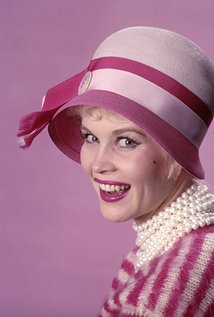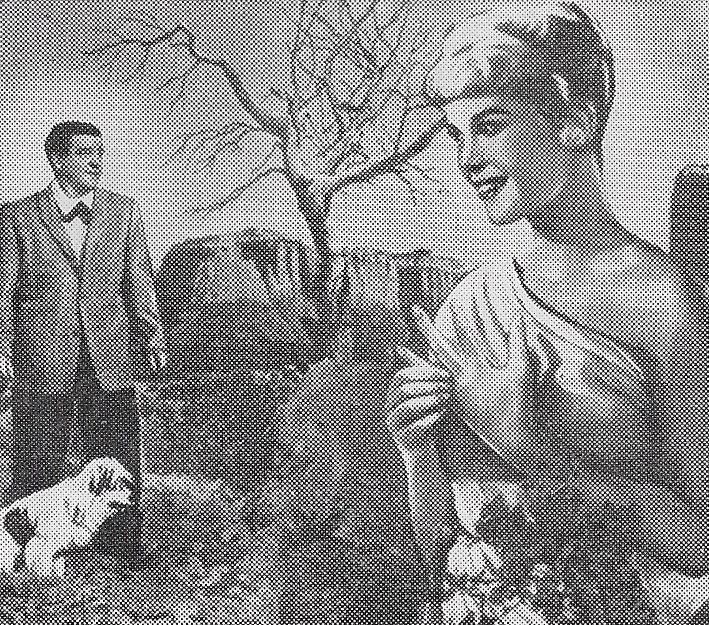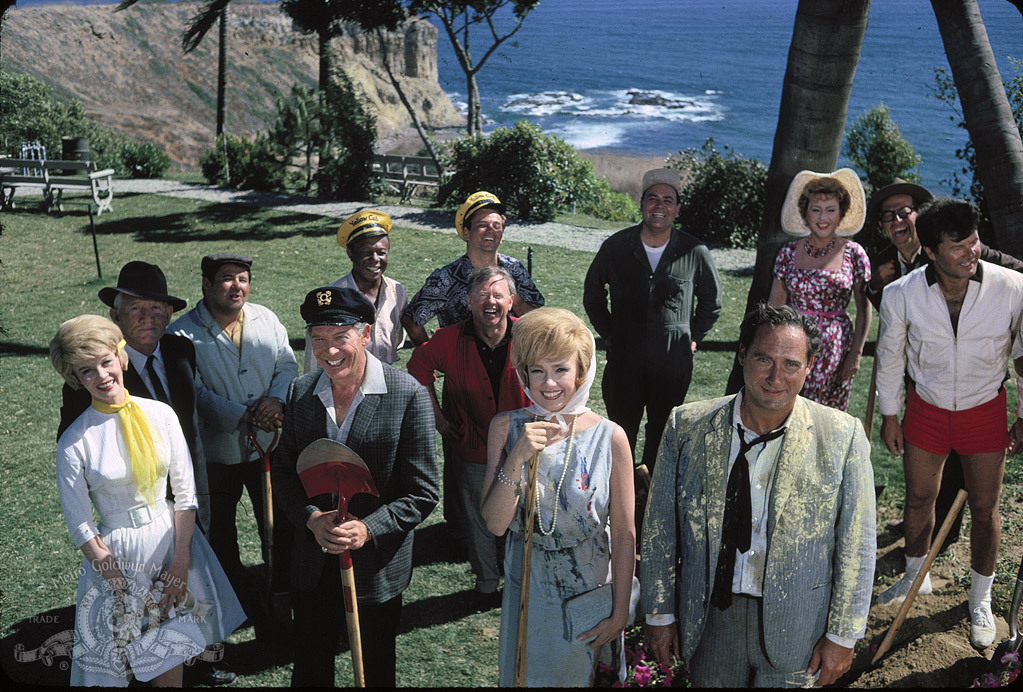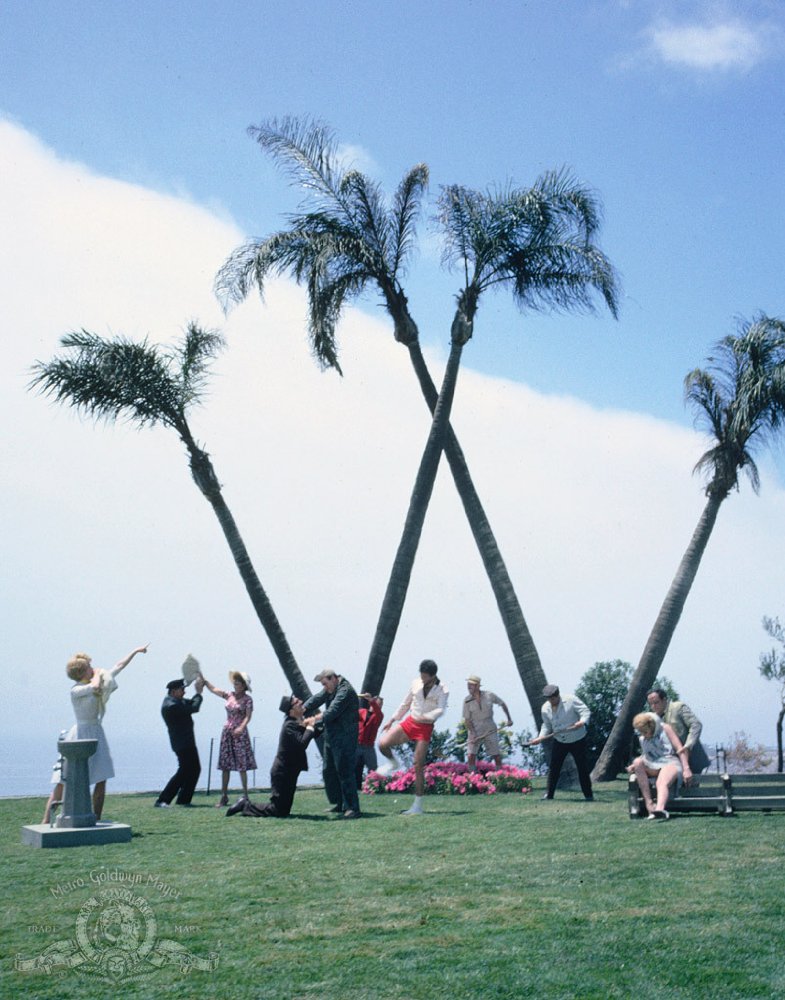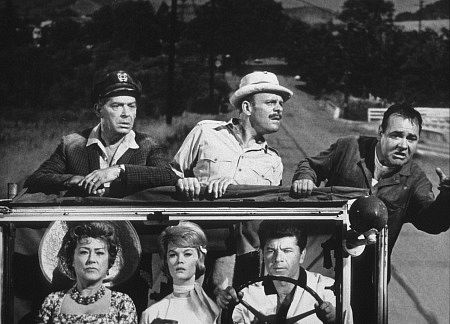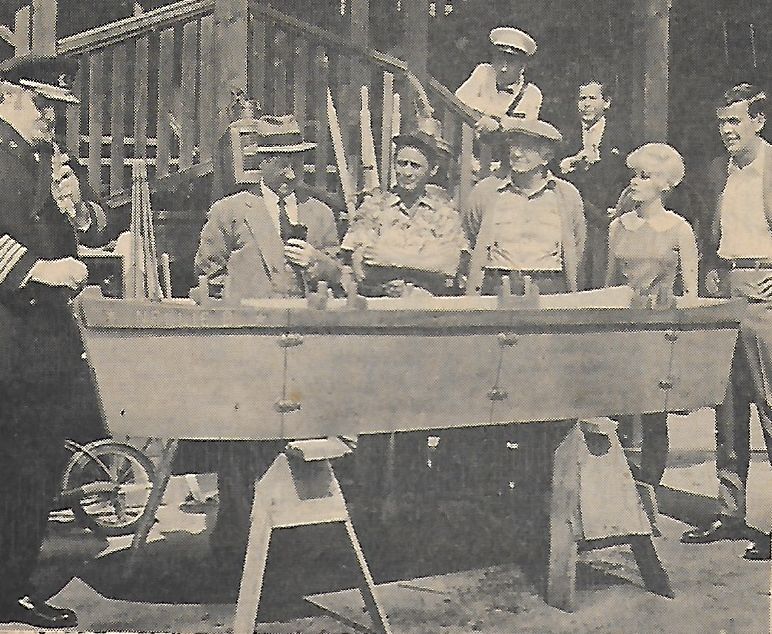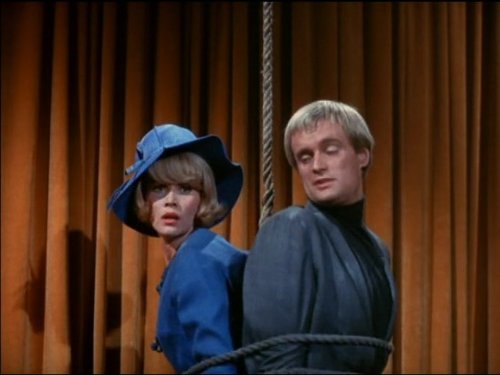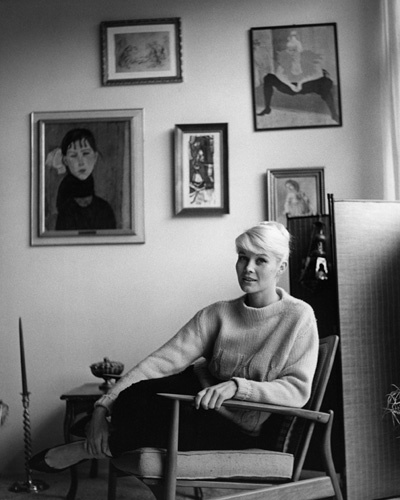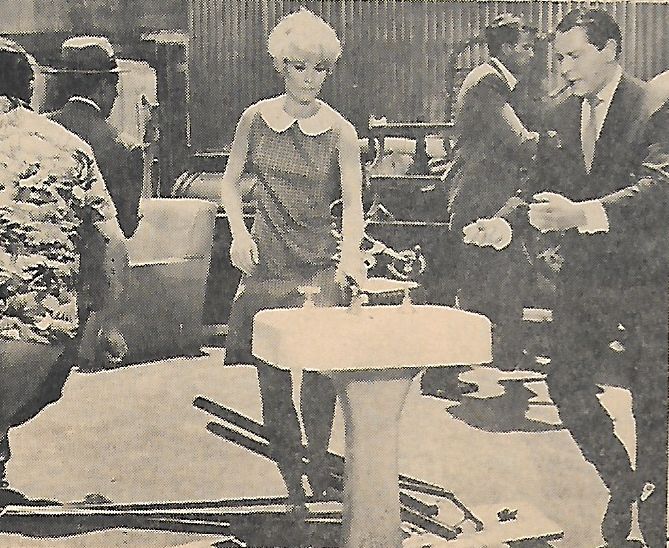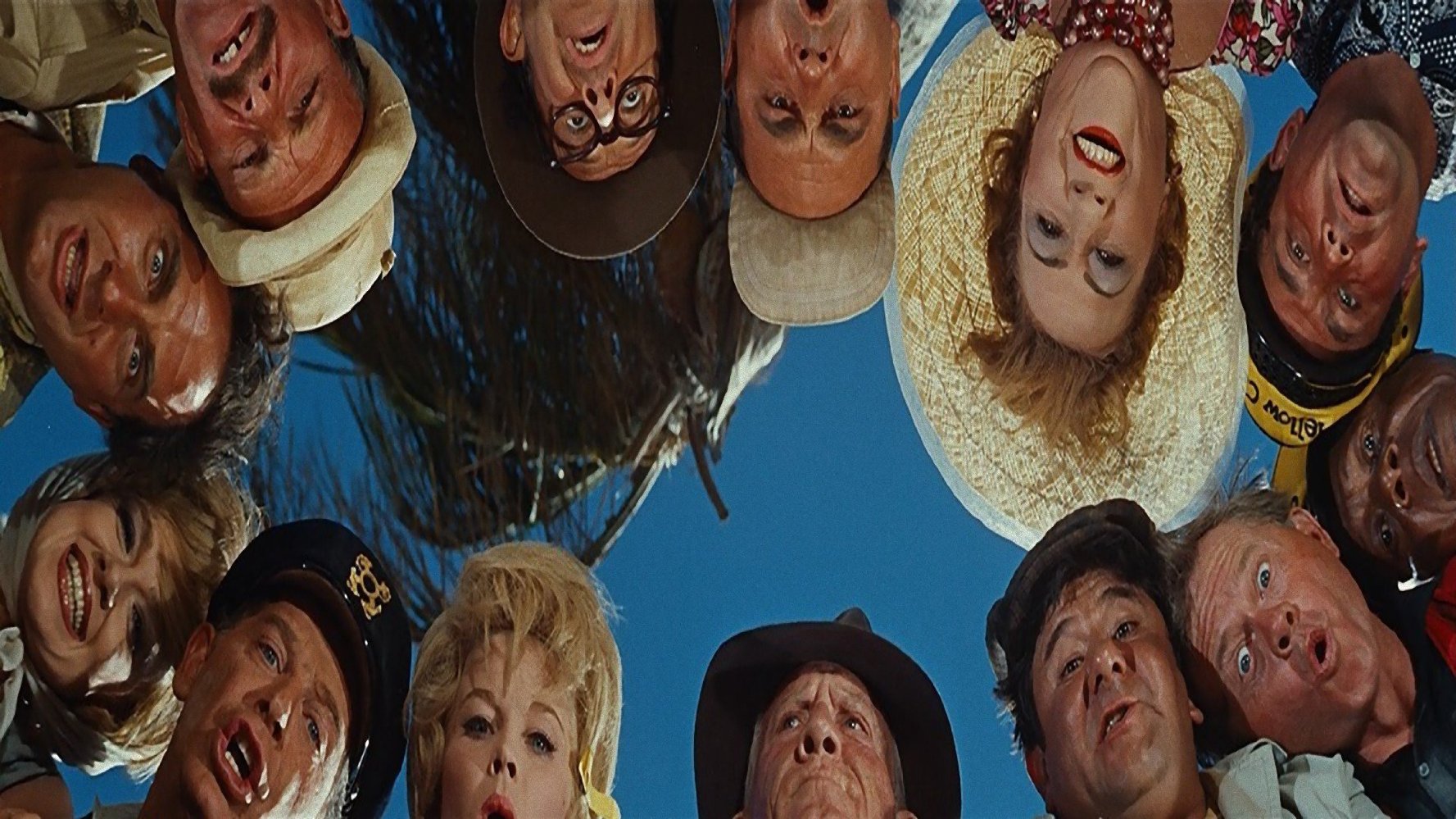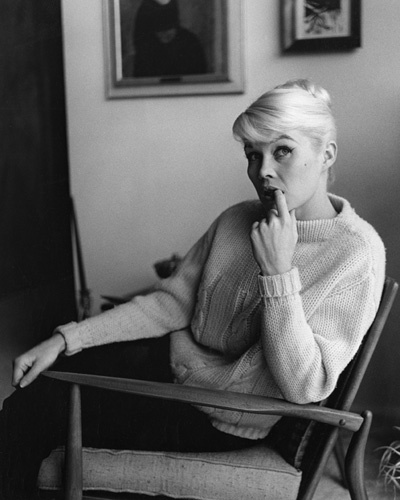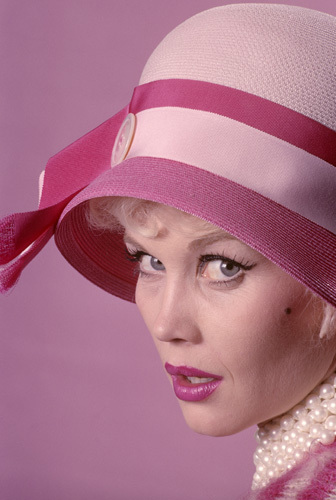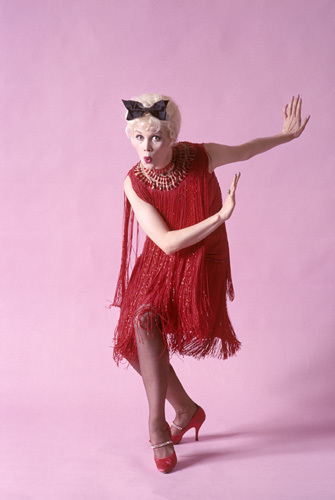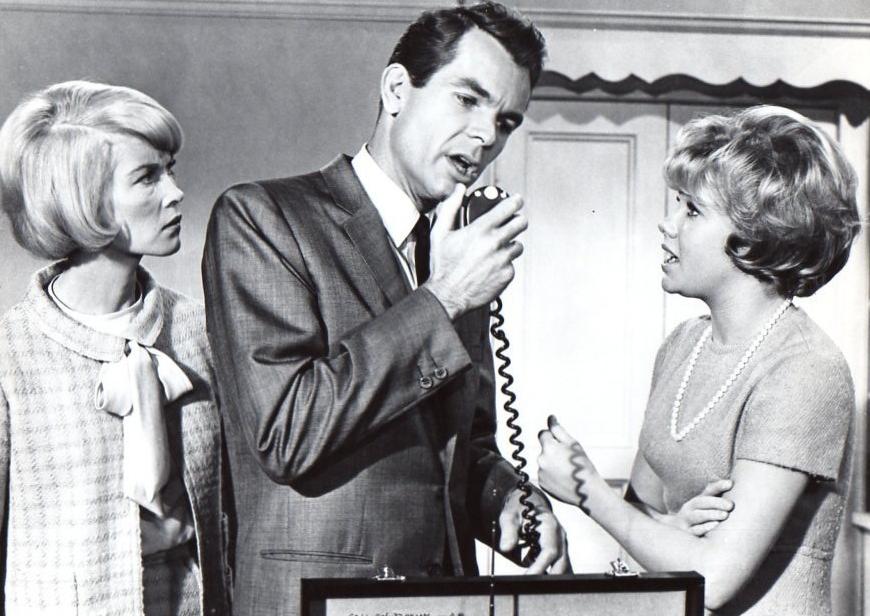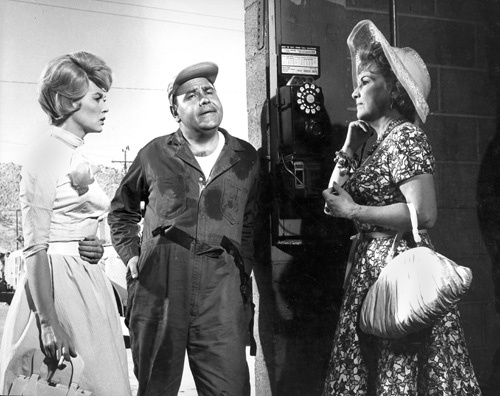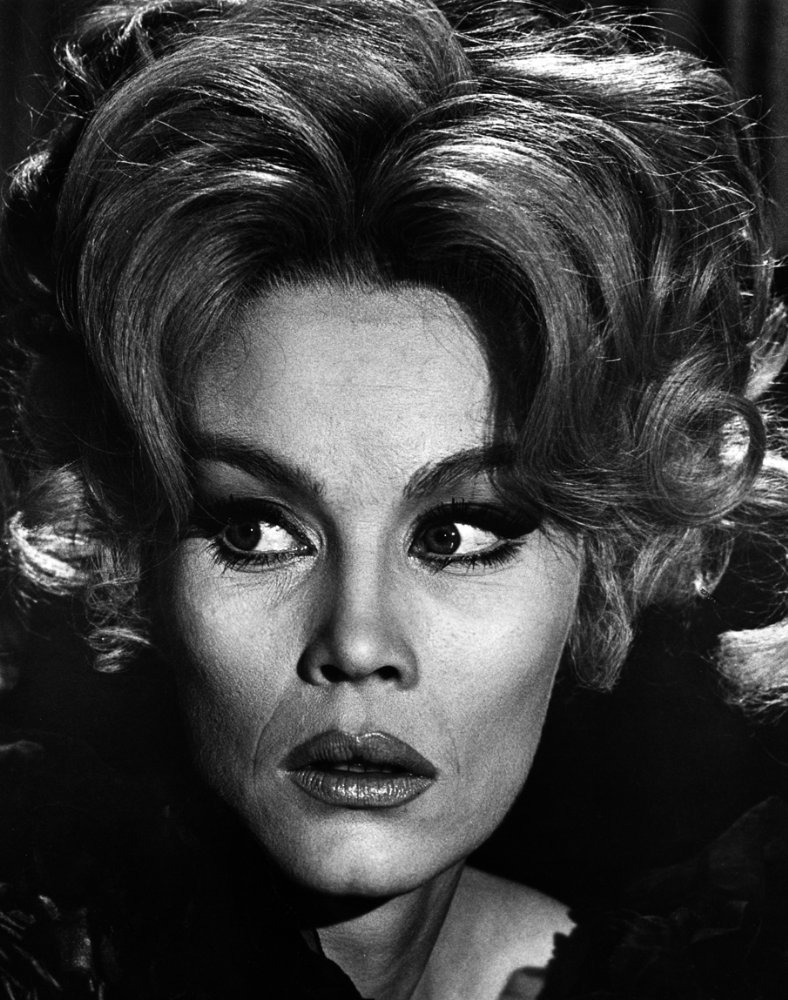Flashy, leggy, bouffant blonde Dorothy Provine was a solid screen representation of the Kennedyesque era when life seemed so full of fun, so innocent and so optimistic. This sparkling beauty also gave TV audiences a double dose blast to the past via her popular co-starring roles on late 50s/early 60s series TV. A talented girl whose comedic gifts w...
Show more »
Flashy, leggy, bouffant blonde Dorothy Provine was a solid screen representation of the Kennedyesque era when life seemed so full of fun, so innocent and so optimistic. This sparkling beauty also gave TV audiences a double dose blast to the past via her popular co-starring roles on late 50s/early 60s series TV. A talented girl whose comedic gifts were never sufficiently tapped into by Hollywood, Dorothy nevertheless secured a dedicated fan base merely on her sunny smile, creamy good looks and carefree radiance alone.Graduating from the University of Washington with a degree in Theater Arts. Hollywood folklore has it that the South Dakota-born (but raised in San Francisco) actress landed the role of the notorious femme bank robber in the low-budget "B" film The Bonnie Parker Story (1958) just three days after arriving in Hollywood. It certainly proved to be a lucky break, although it didn't clinch the movie stardom she might have expected. On the contrary, Dorothy was forced to languish in such predicable programmers as Riot in Juvenile Prison (1959) and Live Fast, Die Young (1958), while playing the gigantic, radiation-exposed love interest in the poorly-executed The 30 Foot Bride of Candy Rock (1959) opposite rolypoly comedian Lou Costello in his only film effort after breaking up with partner Bud Abbott. Fortunately, TV made up for her lack of success on film.Signed up by Warner Bros. and seemingly better suited for the small screen, Dorothy became one of the more visible female faces on TV and would be best remembered for her period roles as 1890s saloon singer Rocky Shaw, the friend of "Gold Rush" fortune seekers Roger Moore and Jeff York in The Alaskans (1959) and, better yet, as Pinky Pinkham, the Charleston-dancing flapper in the Warner Bros. adventure series The Roaring 20's (1960).A vivacious guest on scores of other TV shows, Dorothy occasionally reappeared in lightweight 1960s films wherein she generally projected a squeaky-clean image playing various sparkly housewives, girlfriends and sisters. She was part of the all-star zaniness in It's a Mad Mad Mad Mad World (1963) as Milton Berle's wife; appeared as Jack Lemmon's bright-eyed better half in the suburban comedy Good Neighbor Sam (1964); played Hayley Mills's beleaguered older sis in the feline caper That Darn Cat! (1965); had a slam-bang cameo as Lily Olay the barroom singer who belts out the memorable "He Shouldn't-A, Hadn't-A, Oughtn't-A Swang on Me" in the slapstick farce The Great Race (1965); showed up as the true-blue gal pining for Jim Hutton in the bank heist comedy Who's Minding the Mint? (1967); and made her last silver screen appearance alongside Dick Van Dyke in the comedy Never a Dull Moment (1968), which did not live up to its title.During this time Dorothy occasionally made use of her vocal talents on the live stage, and appeared briefly as a duo with George Burns in a 1963 Las Vegas nightclub act, replacing Burns' ailing wife Gracie Allen, who by this time had fully retired due to serious heart problems. Eventually, however, she lost interest in her career.Dorothy abruptly left the business in 1969 after marrying director Robert Day, who was involved in several of the Tarzan movies. She showed up a couple of times on TV in the 70s but, for the most part, found her self-imposed retirement completely to her liking. The couple moved permanently to Bainbridge Island, Washington in 1981, and there she found contentment simply gardening and tending to her animals. They had one son, Robert Day Jr., who became a musician. Dorothy battled emphysema in her last years and died at a nearby hospice on April 25, 2010, at age 75.
Show less «

